Description
Specification
Format: 357g puerh cake
Kind: Raw puerh (sheng)
Fermentation: Not fermented (sheng cha)
Storage: Natural dry storage (Thailand)
Style: Classic
Producer: Dao Jian Zhong
Origin: Chiang Mai, Thailand
Year: 2000’s
Trees: Real trees
Garden: Traditional
Tasting notes
A very good old-school puerh from the 2000s, with a profile in the line of Chi Tse Beeng from the 1990s. It is a tea for the palate with frank tannins, as one would expect from a good classic puerh, but without being aggressive. It creates beautiful sensations in the mouth and makes a very progressive tasting, which is gradually built up from cup to cup. The aromas tint the length, and gradually give the tasting its charm. Sober and classic, they evoke wood, hay, and aromatic herbs.
About Dao Jian Zhong collection:
Dao Jian Zhong was born in 1930 in the Pu’Er region of Yunnan. During his life, he would witness the end of the era of the great Chinese puerh producers — something that would mark him forever — followed by the war and the rise of communism. In 1956, he deserted the Chinese army and took refuge in Laos where he lived for almost 20 years before crossing the border with Thailand and settling in the Chiang Mai region. For about twenty years, he would work for the legendary Hong Tai Chang puerh factory, gradually picking up their secret processes and techniques over time. In the 1990s, he would go on to share a number of these techniques with a small tea factory in the region wishing to start producing puerh. When Hong Tai Chang closed, he joined this small factory as the head of puerh production and would work there until his death in 2019.
While he never put his name on a single tea cake, Dao Jian Zhong quietly went about producing a large number of puerh teas. At the request of the great Hong Kong houses, he could adopt a whole series of styles and tastes — from those of ancient teas produced in Yunnan at the beginning of the last century to those of the latest Hong Tai Chang cakes, or even the great classic recipes of the Menghai Tea Factory or the Chinese state factories. These teas, packaged just like those of these great historical producers, have traveled the whole tea world, from Hong Kong to Taiwan, China, Malaysia, and beyond, without anyone knowing their true origin or the story of the man who created them.
Today, these teas feel like a throwback to a distant past that has disappeared from the history of puerh. Many techniques behind their production around oxidation of the leaves, controlled fermentation, and aging and refinement, have now disappeared in both China and Thailand. These teas harken back to the era of private producers in Yunnan, a time before the establishment of state factories in the early 1950s brought standardization, and bare the soul of Hong Tai Chang — mysterious and massively copied — which would become the singular icon of Thai puerh.




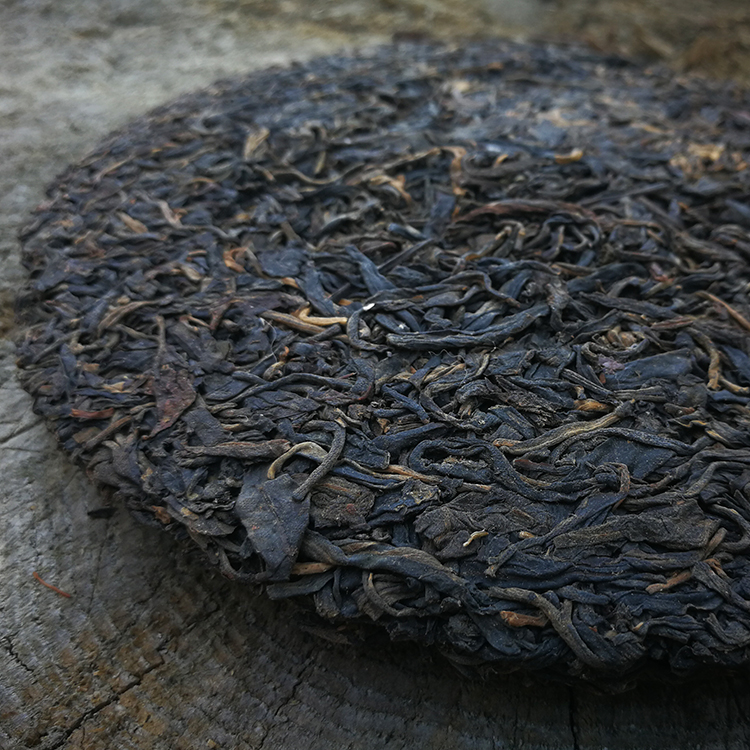
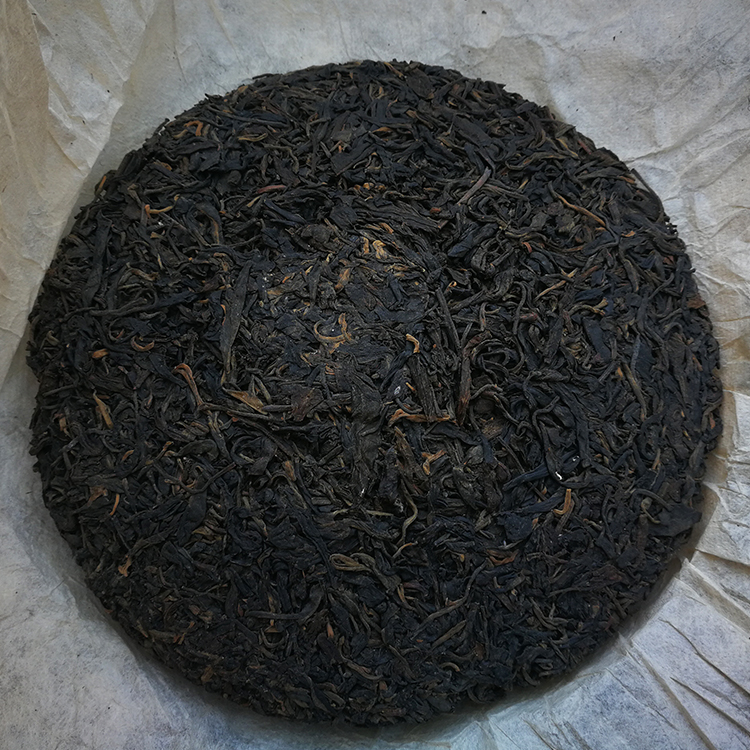
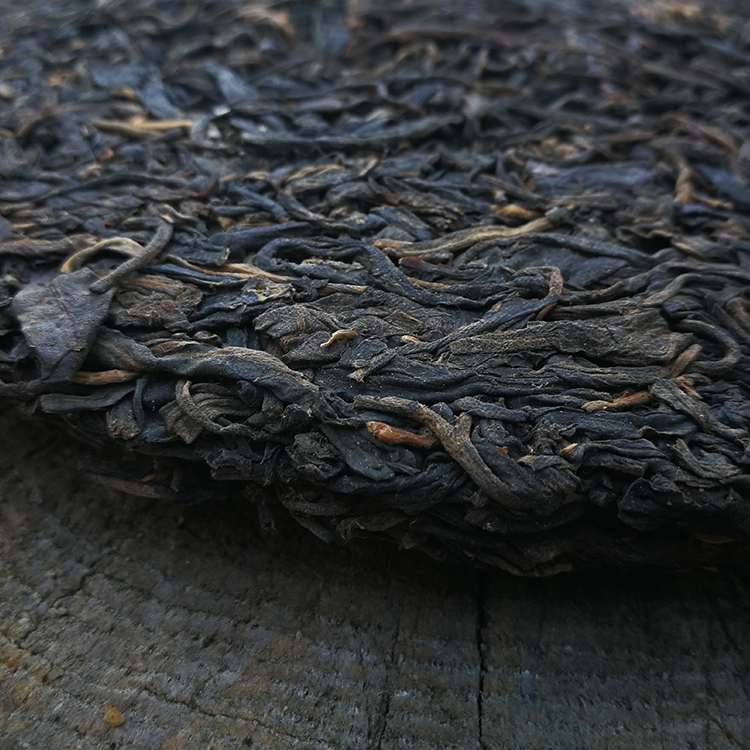
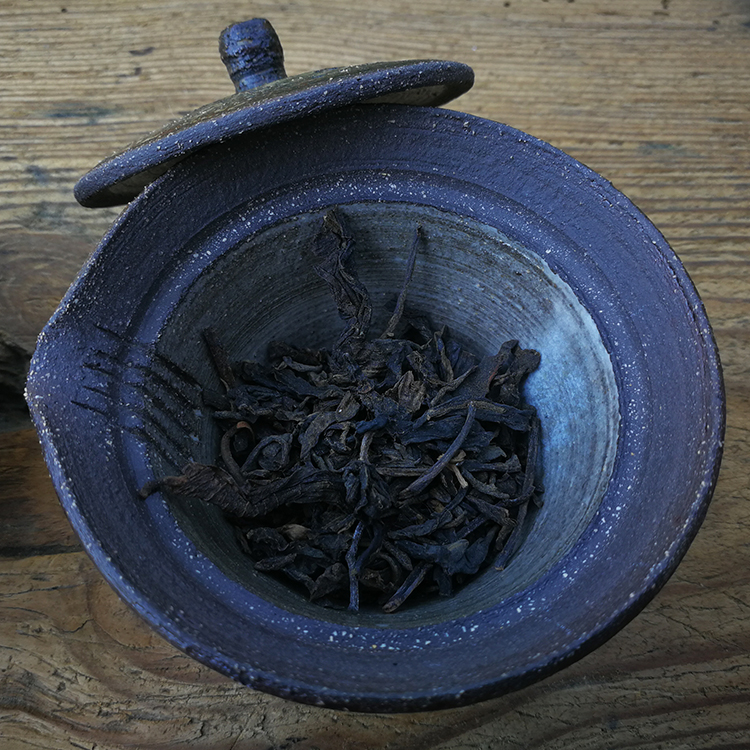
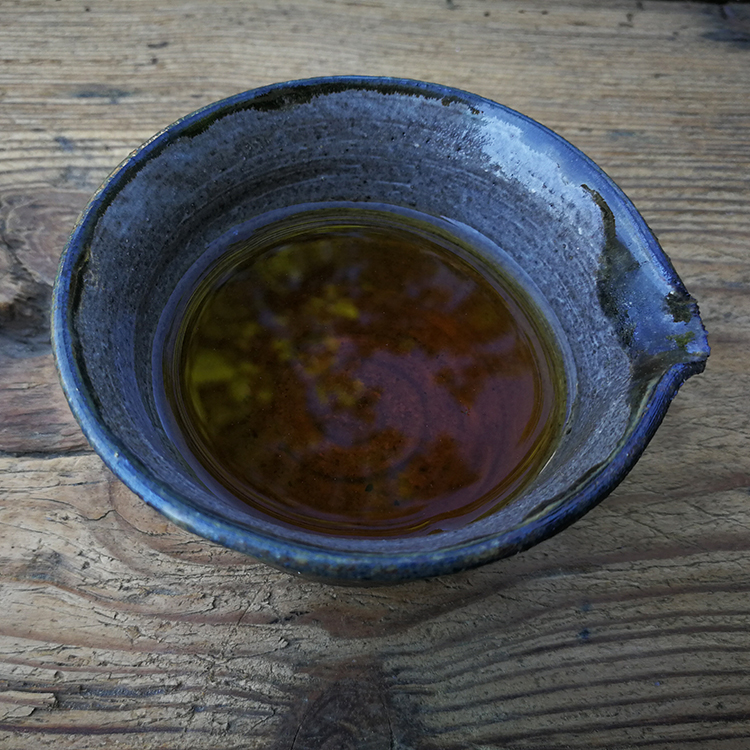
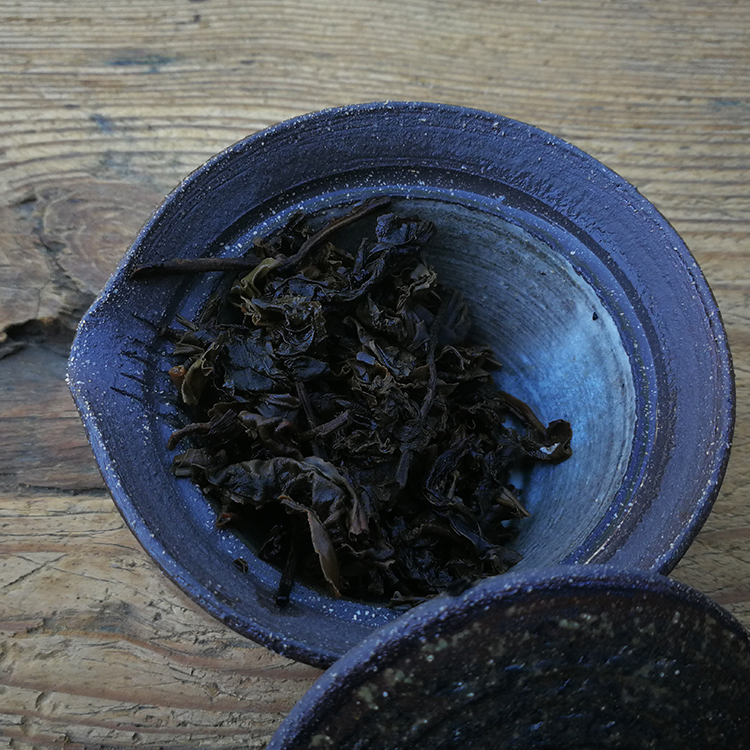

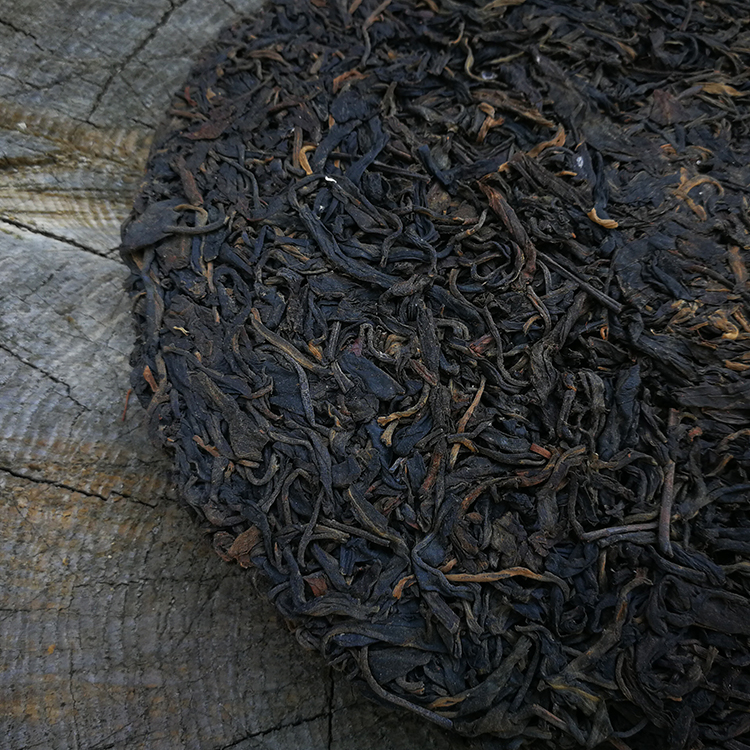

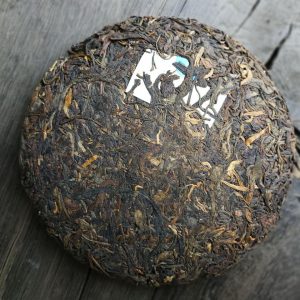
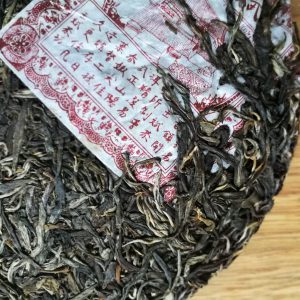
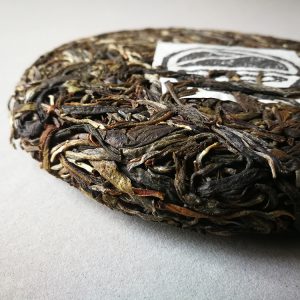
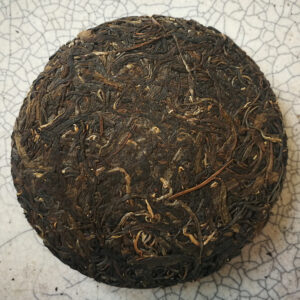
Reviews
There are no reviews yet.